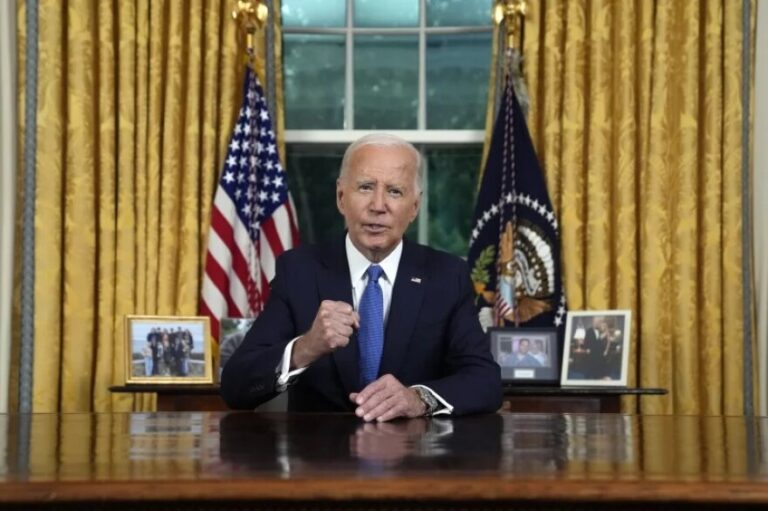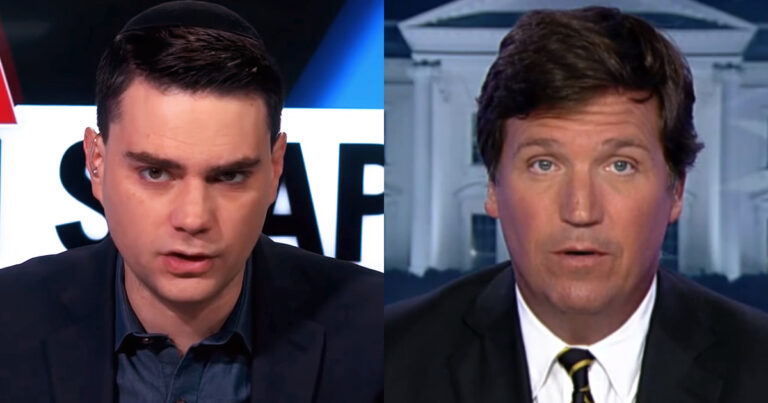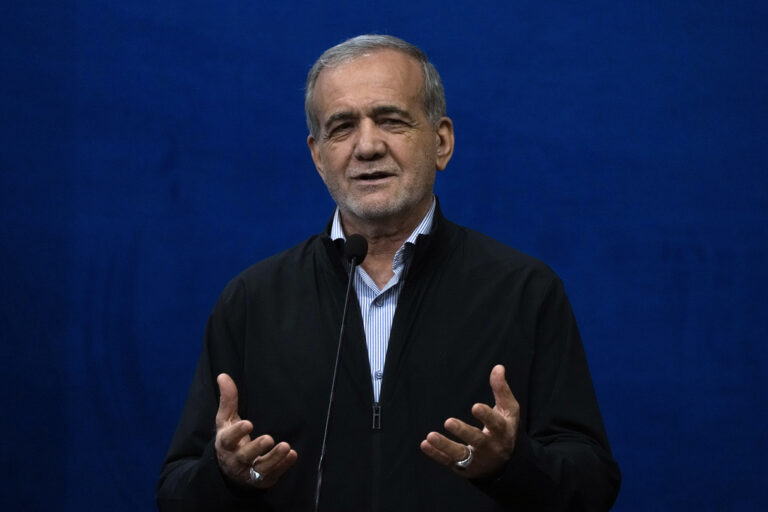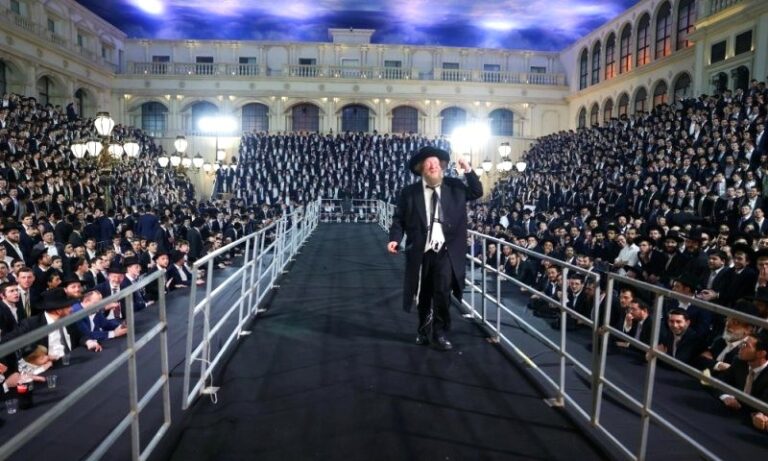 Why doesn’t Anthony Weiner just quit?
Why doesn’t Anthony Weiner just quit?
It’s a question angry voters, pundits and fellow politicians have been asking almost nonstop in the nearly two weeks since the New York City mayoral candidate’s latest bombshell, which has sent his poll numbers plummeting and turned his campaign into a chaotic sideshow.
Weiner insists he’s staying in the race no matter what. And experts say that beyond the former congressman’s well-known ego and combativeness, his stance may just be rooted in political calculation.
A leading theory: Weiner takes his hits on the campaign trail, gives the media a chance to ask every scandal question and essentially punch themselves out on the issue. And even if he loses, he emerges with the scandal mostly behind him and his political career refreshed to run for higher office again.
“All along, there has been a school of thought that Weiner was running in part to rehabilitate his image,” said Wendy Schiller, a Brown University political scientist. “That, even if he didn’t win, a strong showing would set him up for another run down the road.”
“Even now, he stays in the race, takes his lumps and shows some character,” Schiller said. “That might resonate with New Yorkers. And if he does better than people think he should, that helps for the future, too.”
With fewer than 40 days until the Democratic primary, Weiner has been doing his best to push past the horde of reporters and photographers and make his case directly to voters. In recent days, he has been leaving events with more applause than when he entered.
When a man at a Bronx campaign stop last week questioned the viability of Weiner’s campaign, asking, “When do you say ‘Enough is enough?'” the candidate’s hoarse voice roared to life.
“If you become the mayor of the City of New York, you’ve got to put up with this every single day,” Weiner told the crowd. “People saying to you, ‘You know what, you did something we don’t like.’ Cameras in your face. ‘Change your mind, back down. Quit.’ That’s not the kind of mayor I’m going to be.”
The next night, Weiner traveled to a Queens neighborhood that was once part of his congressional district. A man asked how voters could ever trust him again.
“I’ve dishonored my wife, but sir, I didn’t do anything to you,” Weiner said. “If you think you’re a better person and a better candidate, why don’t you want to let me run? Let the citizens of this city decide.”
“I’m facing some tough challenges now, and one thing all of my opponents agree upon is they’d rather I wasn’t running,” he said.
“Well, tough,” he said to applause from the audience.
Team Weiner seems to be embracing the confrontations. His campaign sent out an email to supporters titled “Getting an earful from a voter,” which included a video depicting the tough Bronx exchange.
Weiner is persevering through a stretch of relentless and brutal news coverage that began after he was forced to admit that he continued to trade illicit online messages with women even after he resigned from Congress in 2011 for similar behavior.
Other factors may explain why Weiner insists on putting up with all this, not the least of which is money.
Because of city campaign finance laws, Weiner is eligible for $2.1 million in matching funds, money he would have lost if he did not run this year. He would also lose access to the matching funds if he quit now even if he decides to run again.
His campaign bank account, much of which was raised for a 2009 mayoral bid he never launched, now totals just over $5 million. Like most mayoral candidates, Weiner is expected to spend most of his campaign money to finance a TV advertising blitz in the campaign’s final weeks.
“”He can try to use post-Labor Day TV to rehabilitate his image and maybe (get past the primary),” said Joseph Mercurio, a political consultant who is not affiliated with any candidate. “Even if he doesn’t, he’ll have millions of dollars’ worth of polished ads that could improve people’s opinions of him. It’s not harebrained.”
But the redemption strategy is risky. It already was dealt a blow by last month’s revelations and could be derailed entirely if more scandalous behavior was to be uncovered.
“He said it was in the past, but obviously it wasn’t the past,” said Steven Cohen, a political scientist at Columbia University. “People will have a hard time believing him the next time, too. He lied to the public.”
Another factor in keeping Weiner in the race is the ballot itself. Because it has already been finalized, voters will see Weiner’s name on primary day even if he did drop out. In addition, the Democratic field remains unsettled and lacks a contender who has seized control of the race, experts believe.
Weiner had soared to the top of the Democratic polls last month only to fall after the recent revelations. A Quinnipiac College poll released last week had him in fourth place with 16 percent, trailing City Council Speaker Christine Quinn at 27 percent, Public Advocate Bill de Blasio at 21 and ex-City Comptroller Bill Thompson at 20.
If no candidate finishes with 40 percent in the Sept. 10 primary, the top two finishers move to a runoff election three weeks later.
Weiner still has a shot, Mercurio believes.
“If the anti-Quinn forces take root, and Thompson and de Blasio split the black vote and more younger voters than expected turn out for Weiner, he could squeak into the runoff,” the consultant said.
“It’s not inconceivable that he could come back again,” Mercurio continued. “Crazier things have happened.”
(AP)










